You may have heard it before “Oh I had really bad postpartum!” Well i’m here to tell you that “postpartum” may not be what you think it is. The postpartum period is the time from babies birth to about 6-8 months after. When people say that they had “really bad postpartum” they are often talking about one of four things. Today I laid them out for you so you can have a better understanding of what to expect and how to be a better advocate for yourself!
Postpartum baby blues:
The baby blues are a very common occurrence during the first six week after baby is born. This is the immediate postpartum period and your body is working hard to get your hormones back to normal, or at least working order. When women experience baby blues they might feel frustrated, sad, over the moon happy, exhausted and so many other emotions. You can go from crying to laughing in minutes and it can feel very confusing.
Many women wonder why motherhood is so difficult during this time. They get frustrated with feeding, sleeping and the mundane activities that surround a new baby. Baby blues can be a difficult time but the silver lining is that they usually dissipate around 6 weeks postpartum. You should see a big difference in how you react to things and care for your baby around this time. You may get into a good groove with baby and home life and feel like you can finally breathe in with relief.
Postpartum Depression:
Postpartum depression is similar to baby blues but continues on well past 6 weeks postpartum and can actually show up later as well. The signs of depression vary so much from person to person but women usually note a disinterest in normal hobbies and activities, exhaustion, becoming uninterested in talking and meeting with friends etc. Postpartum depression is difficult because women are often asked to do so many tasks, even after having a baby, that it can be easy to push the depression to the side until you reach a breaking point.
Please don’t do this. Please check in with yourself and be honest with your partner and friends.
If you are experiencing postpartum depression, talk to your doctor about finding a good therapist as well as getting on a regimen of daily exercise, healthy eating and possibly medication. There is nothing better for your baby than a healthy and happy mother.
Postpartum Anxiety:
Postpartum anxiety is similar to postpartum depression in that it can show up later in the postpartum experience and lasts longer than the initial six weeks postpartum. Signs that you may be experience postpartum anxiety are:
Rage
OCD
intrusive thoughts
difficulty sleeping
paranoia
and more as every person has different experiences.
If you have experienced any of these feelings or reactions, please reach out to your care provider and a good therapist. As someone who has personally struggled with many of these things but never felt sure or comfortable naming them, its unnecessary to suffer without help. There are so many resources that can ensure a healthy and happy and fully functioning mother for your baby, please reach out.
Postpartum psychosis:
I don’t love talking about this topic because I don’t want to scare anyone but I think NOT talking about it would be more of an injustice. Postpartum psychosis includes episodes of psychosis where a mother may be hearing voices that are telling her to hurt herself or her baby. She may have intrusive thoughts that she feels she needs to act on to keep her baby safe. Mothers experiencing these thoughts and possibly actions need the support of their partner and community NOW. This is not something that we “wait and see”. If you are experiencing any of the above feelings, please reach out to your care provider, family, friends, your partner, any resource, immediately. It is imperative that you get the help you need and that you are in a place that is safe for you and baby. Postpartum psychosis is not something we mess around with.
These postpartum mood disorders are the tip of the iceberg with potential feelings, thoughts and experiences that a postpartum women may have during her postpartum period. Make sure to have a plan with your partner about what to do if you experience any of these things. Talk about them beforehand so that you can better prepare for the potential of these mood disorders.
One thing that can be greatly helpful is to schedule a few days during the first three weeks after giving birth, to have a postpartum doula come to your home and help to get things in order and allow you some much needed healing and sleeping time. Invest in yourself in the beginning of your postpartum experience so that it can be a rich and fulfilling time for your whole family!


